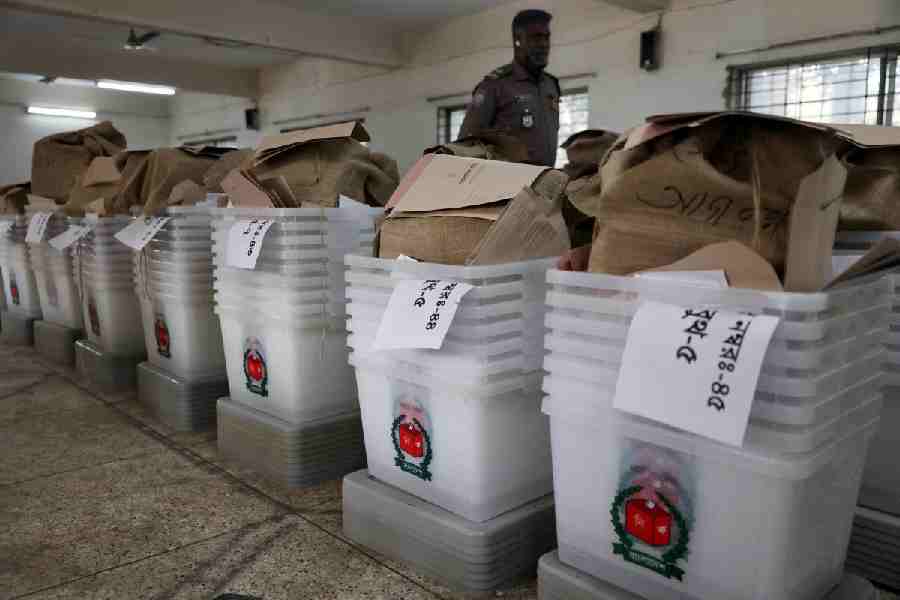 |
| Kapil Sibal |
New Delhi, Dec. 14: Rajya Sabha MPs across parties today punched holes in telecom minister Kapil Sibal’s defence of the “draconian” Section 66A of the IT Act, demanding it be amended to prevent victimisation of citizens.
Several MPs echoed what The Telegraph had reported: that the section is an out-of-context cut-and-paste job from UK and US laws that mainly seek to protect private citizens from hate mail or children from obscenity.
The MPs also cited other points that this newspaper too had made: such as the lesser punishments for similar offences under the Indian Penal Code (IPC) which, unlike 66A, stipulates a magistrate’s permission before arrest.
The charge was led by the CPM’s P. Rajeeve, who moved a private member’s resolution and was joined by other Left MPs, the BJP’s M. Rama Jois, Independent MP Rajeev Chandrasekhar and even the Congress’s Mani Shankar Aiyar.
Despite 66A being used against a Calcutta professor for an email joke on Mamata Banerjee, Trinamul’s D. Bandyopadhyay demanded its repeal and incorporation of its provisions in IPC sections.
Rajeeve’s resolution says 66A must be amended in line with the fundamental rights, restricting its application to communication between two people, precisely defining the offences in the now “absurdly poorly worded and anti-democratic” law, reducing the penalty and requiring a magistrate’s nod before arrest.
When Rajeeve demanded a vote on his resolution, at a time only four Congress MPs were present, the ruling party’s R.C. Khuntia delivered a harangue to ensure discussion could not be completed today. The discussion will be taken up in the budget session.
Some of the points made by Sibal and 66A’s critics:
Sibal: The Centre will soon issue guidelines to states defining terms such as “grossly offensive” to prevent the law’s misuse by police.
Chandrasekhar: It’s this discretion given to police, whether an inspector or a deputy commissioner, to interpret the vague law that’s the problem. Amendment a must.
Sibal: Misuse happens but is rare. I have with me about five instances: that surely cannot indicate rampant misuse in a population of 1.2 billion.
Rajeeve (sarcastically): Yes, this is not misuse; this is the real use of the act, just as intended by its wording.
Sibal: The clause is based on identical UK, US and Australian laws and borrows the “exact words” from them.
Rajeeve: The foreign laws relate to one-to-one communication, not to tweets or status updates or social media messages. The UK act provides for far less punishment too. Anyway, how can you evaluate an Indian law’s constitutional validity from the constitutional validity of a British or US law in its own country?
Sibal: The Centre has already issued an advisory that arrests cannot be made under 66A without clearance from an inspector-general (metros), deputy commissioner or superintendent of police (other urban or rural areas).
Rajeeve: How can you go beyond the provisions of the act, which gives arrest powers to an inspector? This advisory itself lacks legislative or legal backing. A faulty law cannot be implemented better by a person of higher rank.











